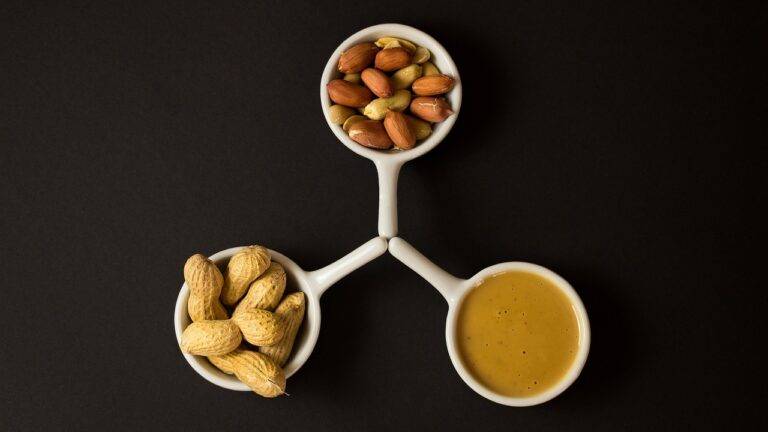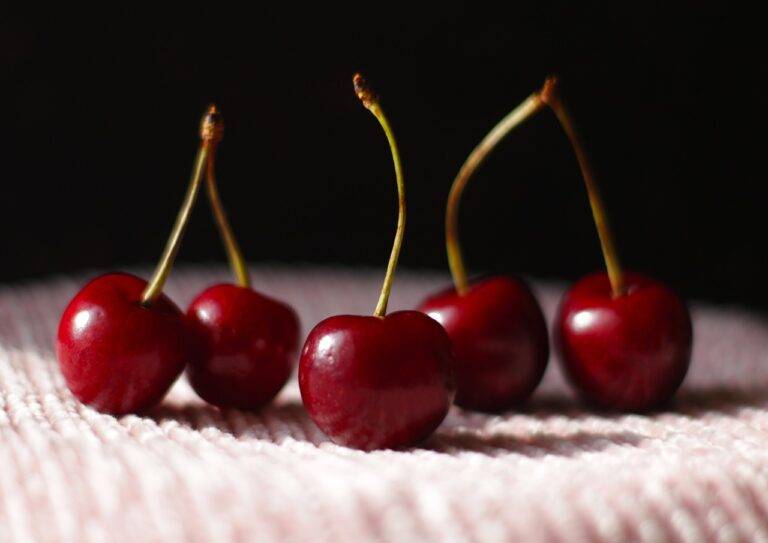A Deep Dive into the World of Molecular Gastronomy
Molecular gastronomy is a scientific approach to cooking that involves studying the physical and chemical changes that occur during the cooking process. It combines food science, chemistry, and physics to explore how ingredients and techniques can be manipulated to create innovative dishes with unique flavors and textures. This culinary discipline focuses on experimenting with different cooking methods, tools, and ingredients to push the boundaries of traditional cooking and create new and exciting dining experiences for food enthusiasts.
History of Molecular Gastronomy
Molecular gastronomy first gained attention in the late 20th century, when French physical chemist Hervé This and Hungarian physicist Nicholas Kurti conducted experiments to understand the scientific principles behind cooking techniques. Their work laid the foundation for what would become a revolutionary approach to food preparation, blending scientific knowledge with culinary artistry.
In the early 2000s, renowned chefs like Ferran Adrià of elBulli in Spain and Heston Blumenthal of The Fat Duck in the UK embraced the concepts of molecular gastronomy, pushing the boundaries of traditional cooking methods. By experimenting with new textures, flavors, and presentations, these chefs introduced a wave of innovation that captivated both food enthusiasts and scientists alike, sparking a global fascination with the intersection of food and science.
Key Principles of Molecular Gastronomy
Molecular gastronomy revolves around the innovative approach of utilizing scientific principles in cooking techniques and flavor combinations. One key principle involves exploring the interaction between different ingredients at a molecular level, focusing on how various elements can enhance or alter the taste and texture of a dish. By understanding these intricate chemical reactions, chefs can create unique and unconventional culinary experiences that push the boundaries of traditional cooking methods.
Another fundamental principle of molecular gastronomy is the emphasis on experimentation and creativity in the kitchen. Chefs in this field often challenge conventional norms by deconstructing dishes, transforming textures, and playing with temperatures to create visually stunning and intellectually stimulating plates. This constant drive to innovate and push the limits of culinary artistry sets molecular gastronomy apart as a dynamic and evolving culinary movement that continues to intrigue and delight food enthusiasts worldwide.





